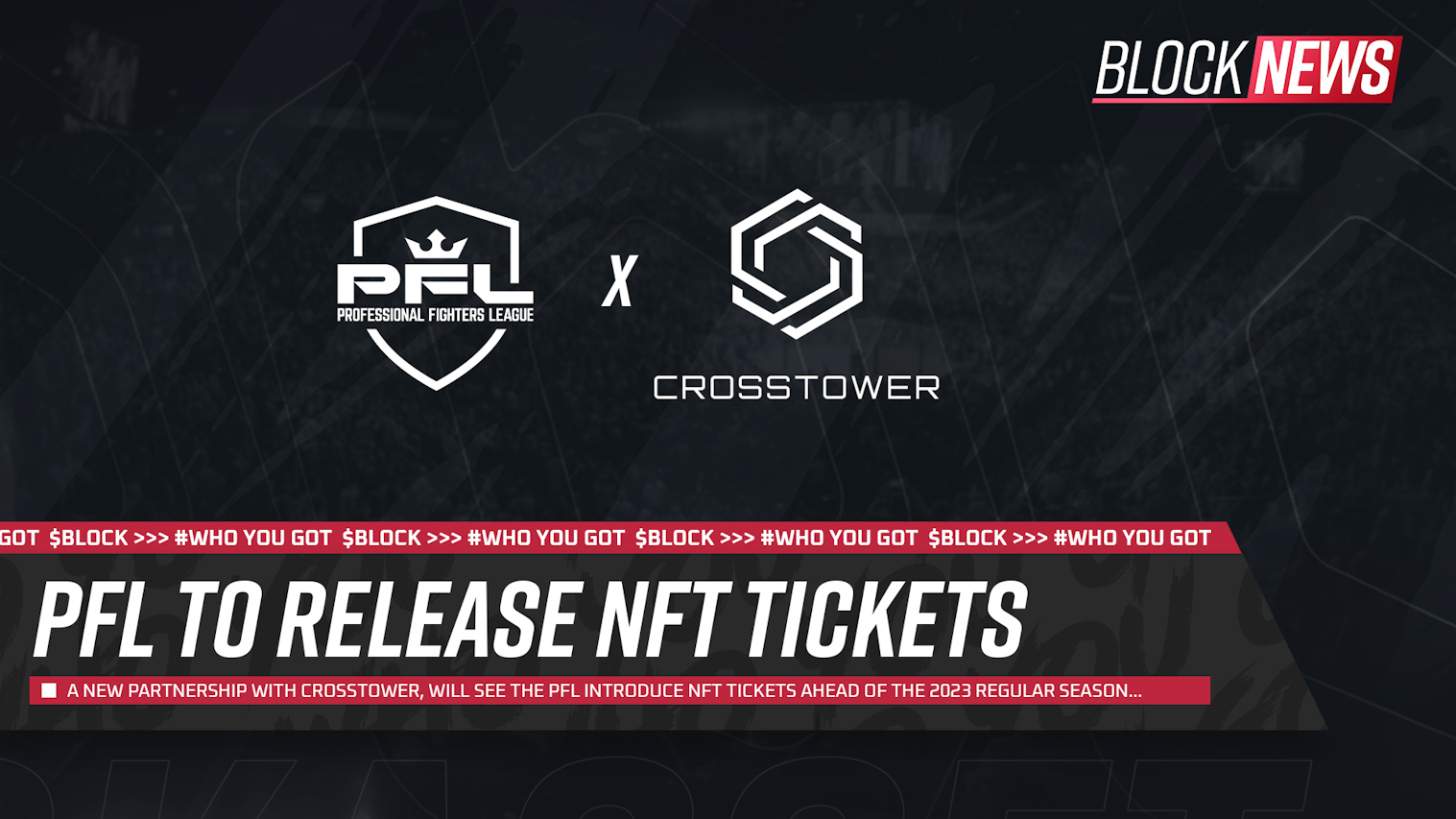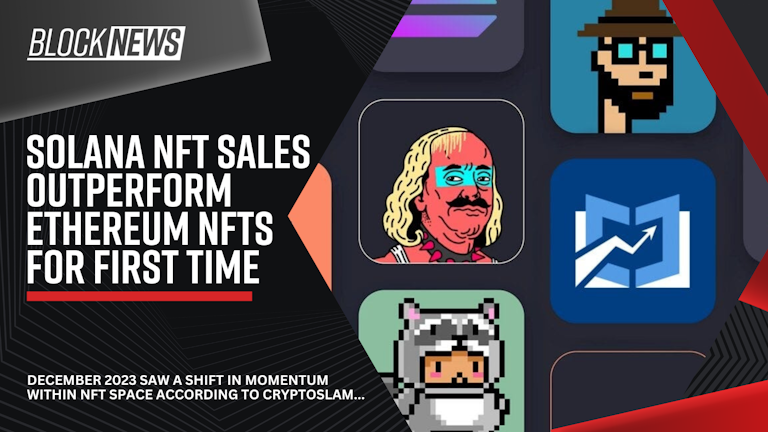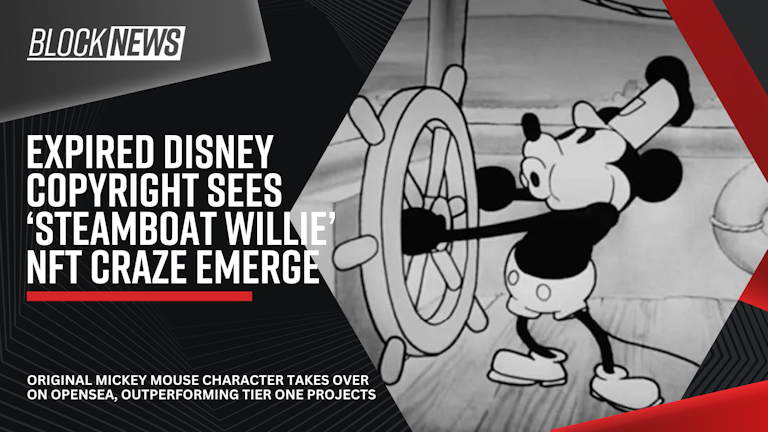Professional Fighters League explores NFT ticketing solution.

Professional Fighters League (PFL), a prominent mixed martial arts organisation, is embracing the potential of nonfungible tokens (NFTs) as a ticketing solution, bringing bullish news to both the sports and crypto sectors.
By partnering with Web3 company CrossTower and utilising Ripple's XRP Ledger, PFL will introduce NFT tickets for the upcoming 2023 fighting season. This move signifies PFL's entrance into the world of NFT ticketing, following in the footsteps of other sports bodies exploring Web3 ticketing functionality.
The NFT tickets offer an array of exclusive benefits, including coveted cage-side seating, access to pre-fight weigh-ins, opportunities for meet and greets with PFL fighters, and memorable ring walk experiences. This innovative approach to ticketing enhances the overall fan engagement and provides unique perks to NFT ticket holders.
CrossTower CEO Kapil Rathi emphasized the advantages of the XRP Ledger, the technology underlying the NFT tickets. The XRP Ledger is an open-source, decentralised blockchain powered by a global developer community, offering enterprise-grade scalability and utility for this NFT ticketing solution.
The adoption of NFT ticketing is not new within the sports industry. The National Football League (NFL) in the United States has already experimented with NFT tickets, distributing approximately 250,000 of them since their launch in November 2021. During Super Bowl LVI, commemorative NFT tickets were provided to every fan at no cost, allowing them to create personalised NFT tickets to commemorate the event. These NFL NFT tickets are minted on the Polygon blockchain and feature captivating animated visuals.
Even World Rugby, the governing body of the sport, expressed interest in exploring the use of NFTs, calling for potential partners to join forces. Although no official announcements have been made regarding the use of NFT ticket functionality for the upcoming 2023 Rugby World Cup in France, the potential for its integration remains intriguing.
The 2024 Olympics, set to take place in Paris, could also benefit from NFT ticketing. NFT tickets have been suggested as a means to improve crowd control and enhance the spectator experience. Following the chaotic scenes and counterfeit ticket issues during the 2021 Champions League final, French officials are keen to explore innovative solutions to improve the safety and management of events hosted in the country.
Adding to the momentum, Sports Illustrated launched its own NFT ticketing solution called Box Office in May 2023. Developed in partnership with ConsenSys and powered by Polygon, Box Office offers self-service event management and ticketing solutions. This further exemplifies the growing interest in NFT ticketing within the sports sector.
Overall, the adoption of NFT tickets by Professional Fighters League and the broader exploration of NFT ticketing in various sports organisations demonstrate the bullish potential for both the sports and crypto sectors. These innovative ticketing solutions provide unique benefits to fans, enhance engagement, and offer opportunities for secure and transparent event management. As more sports bodies embrace NFT ticketing, it is clear that the fusion of sports and crypto is creating exciting possibilities for fans and industry stakeholders alike.


